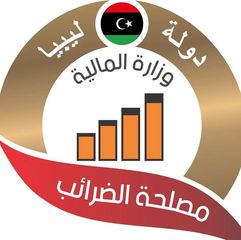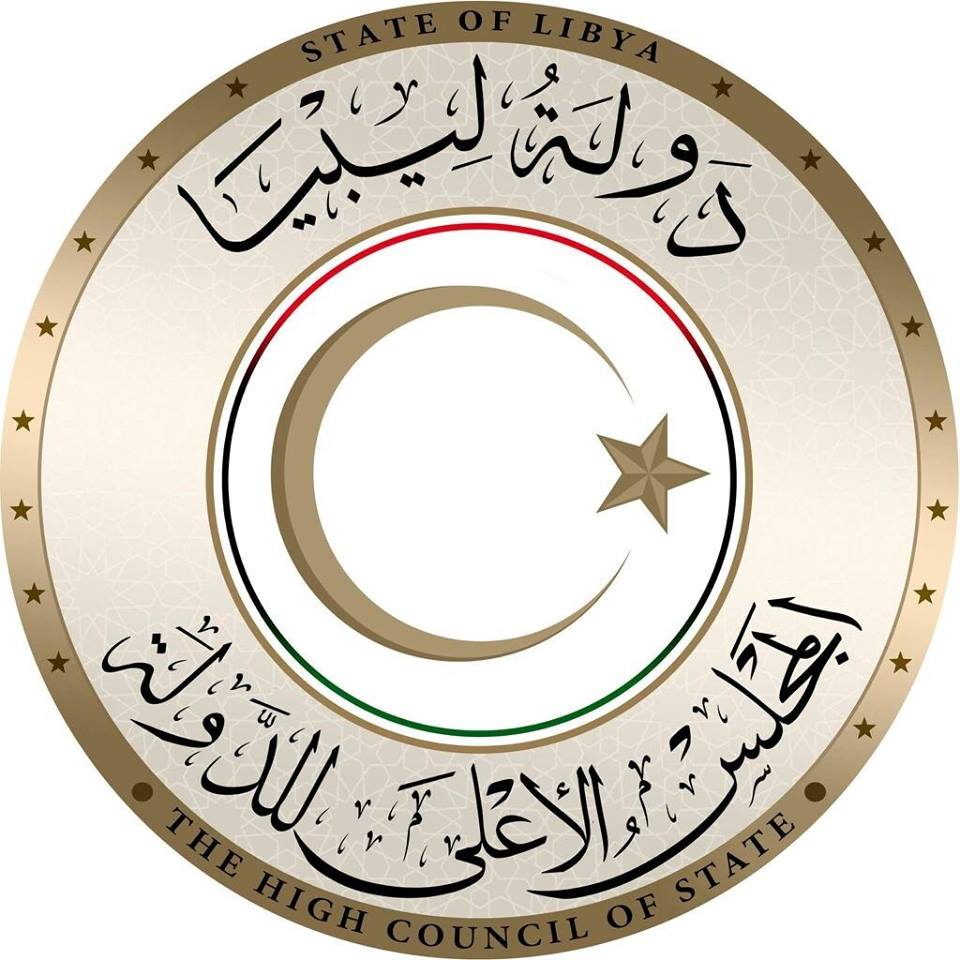Agricultural drones using the Dimitra Connected Farmer App and Dimitra Livestock Guru Platform can provide advanced capabilities and drone data insights for Libyan farmers, Maged Elmontaser, Dimitra Incorporated MENA Regional Director explained to Libya Herald.
Elmontaser will be speaking about the use of the Dimitri App and Platform at the Libya Aviation Forum and Exhibition (6-8 November at the Corinthia hotel, Tripoli).
Data-driven farming helps farmers learn from the past, see problems before they escalate, and forecast a better future, he added.
Dimitra Incorporated leverages emerging advanced technologies to overcome current environmental challenges like climate change while ensuring energy efficiency. To address this demand, IoT-based drone technology is being adopted.
In addition to lowering costs and reducing waste, drones linked to Dimitra’s platform have proven to produce a healthier yield, increase production, and fulfil the economic potential of farms.
With advanced, comprehensive, clear data insights, farmers can learn from the past, see problems before they escalate, and forecast a better future.
Agriculture drones will occupy a global market space of about US$ 4.4 billion by 2024. The compounded annual growth rate in this sector is 30.2 percent.
There are many benefits to using drones on a smallholder farm. For example, farmers can reduce their exposure to chemicals by deploying a drone to complete spraying in a field. In addition, by getting drones to assist with other manual farm work, farmers can pursue other tasks, allowing them to manage their time more efficiently.
Agriculture drones support farming communities that bear the expensive cost of large drones and utilize their usage. It is rapidly used rather than agriculture-specific planes, with precision spraying for optimal results.
Incorporating drones into agriculture is becoming commonplace as an overhead vantage point that can provide incredible insight. Drones add additional data to the platform.
Drones are configured for crop photography, sensor reading, livestock inventory or precision crop spraying to specific areas of fields
How is Dimitra’s offer relevant to the average Libyan farmer?
Libyan smallholder farmers can benefit from higher efficiency in crop inputs, reduced working time, and minimized potential exposure to agrochemicals, compared to the application with backpack sprayers.
Fight against locusts
Drone solutions enable high-speed spraying and precision, reducing the amount of crop inputs and water needed. The Libya farmers allocated in the southern borders could benefit from the use of drones to monitor the unexpected invasion of desert locusts and fight against it.
Does the Dimitra offer apply to both the state sector and the private sector, small and large?
As agriculture drones come in different shapes and sizes, this applies to small and large scales, and could be operated in both private and public sectors. The Libyan Ministry of Agriculture and Livestock could benefit from drone usage in day-to-day practices through the initial engagement with Dimitra Technology, which will run photographic mapping and NDVI and RTK processing across the Libyan properties. This will provide a detailed reference tool loaded to the Dimitra platform, bringing additional insight.
Drones can count trees and track water levels. They are helpful for the early detection of growing issues and surveying crops after weather events or changes. Some drone models can cover as much as 400 hectares of land in one flight and are equipped with high accuracy technology to stay on track with or without control points.
Is it affordable in a developing, desert state like Libya, where farming is still underdeveloped?
A 6-rotor drone for agriculture pesticide spraying costs between US$ 6,300.00/unit to US$ 30K. The price is somewhat high for smallholder farmers. Still, small business owners could use a drone to generate a new line of business to serve the local farmers for a reasonable price to overcome the high costs and harness drones in daily operations.
“Across the sub[1]Saharan countries, the use of drones is beneficial for both agriculture and non-agriculture practices. In a country as Libya specifically, the common adoption of imagery or footage captured by drones is one key benefit, for easier and faster than any manual effort. In additon, drones minimize pesticide exposure for farm workers and tracking transient animals with possible diseases’’, Elmontaser explained.
Libya Aviation Forum and Exhibition will explore removal of EU Libya Airspace Ban (libyaherald.com)
Libya discusses with ICAO progress on lifting European flight ban (libyaherald.com)








